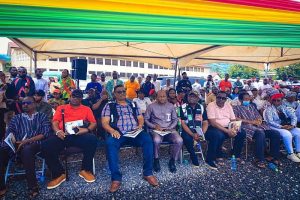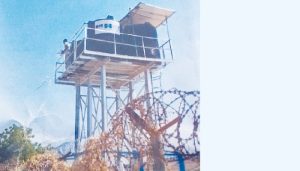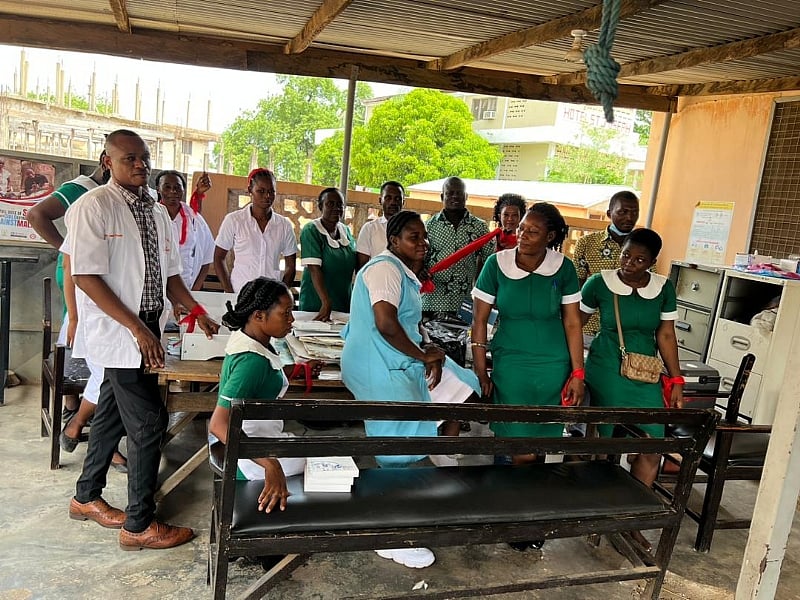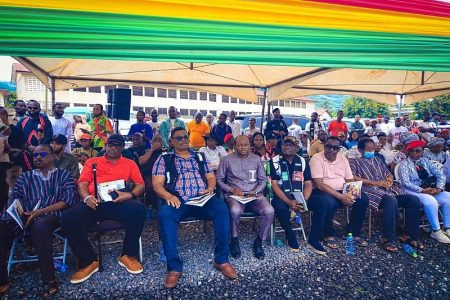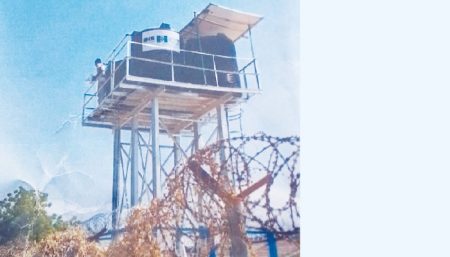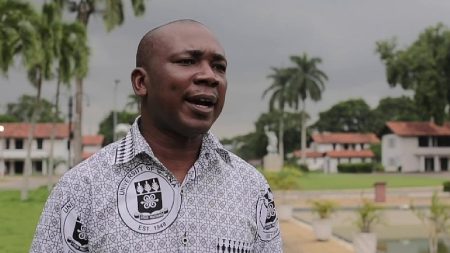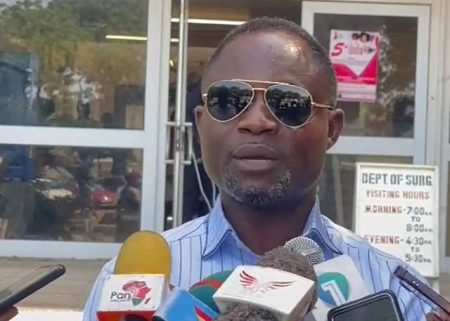The Ghana Registered Nurses and Midwives Association (GRNMA) embarked on a nationwide strike in June 2025, protesting the delayed implementation of their 2024 Collective Agreement. This agreement encompassed crucial aspects of their employment conditions, including unpaid allowances and postponed staff postings. The industrial action resulted in significant disruption to healthcare services across Ghana, as nurses withdrew from critical areas such as outpatient departments and emergency rooms, leaving hospitals grappling with increased workloads and compromised patient care. The strike highlighted the growing tension between the GRNMA and the government, with the nurses feeling undervalued and unheard in their demands for improved working conditions and timely disbursement of entitled benefits.
Responding to the escalating situation, the National Labour Commission (NLC) declared the GRNMA’s strike illegal and subsequently sought legal intervention to halt the industrial action. The NLC argued that the strike was unlawful and detrimental to the public interest, given the essential nature of healthcare services. On June 5, 2025, the NLC’s efforts culminated in the High Court’s Industrial and Labour Division in Accra granting an interlocutory injunction against the GRNMA. This injunction, granted by Justice Priscilla Dikro Ofori, effectively prohibited the association and its members from continuing the strike. The court’s decision marked a turning point in the dispute, shifting the focus from industrial action to legal proceedings.
The court order explicitly directed the GRNMA, including its executives and members, to cease the strike immediately. This injunction provided a temporary respite for the strained healthcare system, allowing hospitals to begin restoring normal operations and attending to the backlog of patients. The ten-day duration of the injunction provided a window for both parties to re-engage in negotiations and seek a resolution to the underlying issues that precipitated the strike. This temporary cessation of the strike was seen as an opportunity to de-escalate tensions and pave the way for constructive dialogue.
The NLC’s successful pursuit of the injunction underscored its commitment to upholding the rule of law and ensuring the continuous delivery of essential services. While the injunction provided a temporary reprieve, it also highlighted the complexities of labor relations in Ghana’s healthcare sector. The court’s decision compelled the GRNMA to suspend their strike, but it also created a platform for legal arguments and negotiations that would determine the long-term outcome of the dispute. The ten-day period became a crucial timeframe for both parties to find common ground and prevent a resurgence of industrial action.
The underlying issues that fueled the GRNMA’s strike, including unpaid allowances and delayed staff postings, remained unresolved. The injunction provided a temporary pause in the confrontation, but the root causes of the nurses’ discontent still needed to be addressed. This prompted calls for renewed dialogue between the GRNMA and the government to address the nurses’ concerns and prevent future disruptions to healthcare services. The successful implementation of the 2024 Collective Agreement became the central focus of these impending negotiations.
The legal intervention through the interlocutory injunction served as a temporary solution to the immediate crisis. However, the long-term stability of Ghana’s healthcare system hinges on a lasting resolution to the issues raised by the GRNMA. The focus shifted to the negotiation table, where both parties would have to engage in good-faith discussions to find a mutually acceptable solution. This period of negotiation was crucial, not only for the nurses and the government but also for the citizens of Ghana who rely on a functioning and reliable healthcare system. The outcome of these discussions would determine the future of labor relations in the healthcare sector and set the stage for a more stable and sustainable healthcare workforce.


